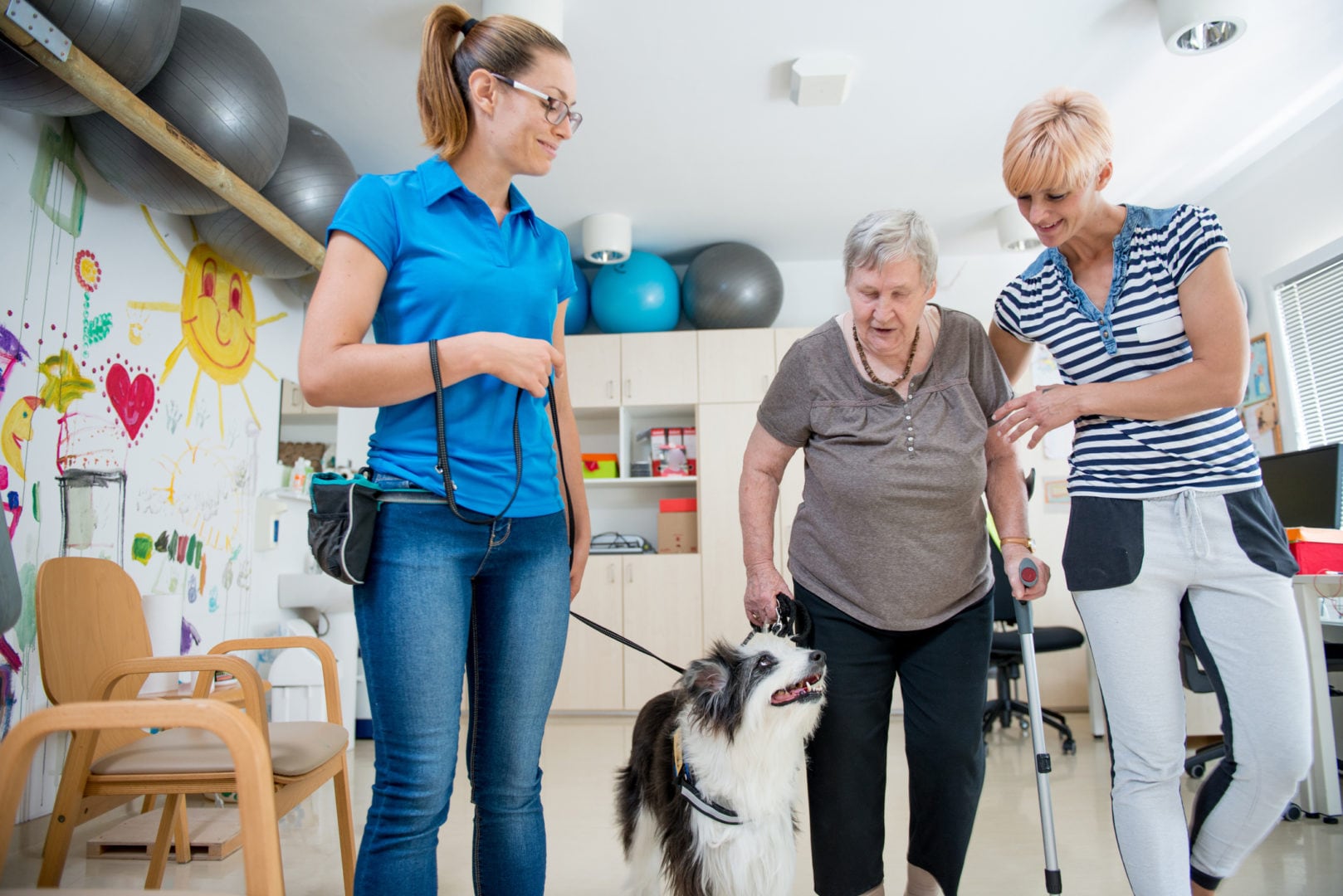You’ve done your homework. You have a great referral for a private care provider who is qualified to meet your loved one’s needs. Or you have a close friend’s referral for a reputable home care agency, and you know that the agency will be able to meet your loved one’s needs.
Now it’s time to meet the care provider. So how do you know if they are really the one?
It’s a matter of getting to know the person. You need to take the time to talk with the person, get to know them, interact, and see how they interact with the family and the person who will be receiving care.
Ultimately, you’re looking for someone who makes you feel comfortable and someone who is respectful of the person needing care as well as the family. Remember, it’s not just the person needing care who’s going to deal with the care worker. It’s the family and friends of that person, too.
Here are some things to take into account, discuss—and look out for—when meeting with potential care providers.
Personality
Does it seem like they would get along with the person needing care? If Grandma chats all the time, is this care provider someone who will listen patiently? It may seem obvious, but make sure they meet and like each other.
Hobbies and interests
Do they have things in common with the person needing care? Will the two of them enjoy spending time together? It’s not essential to share a love of cooking or a particular hockey team to receive good care from an in-home worker, but having things to bond over can make the experience a whole lot better for everyone involved.
What they’ll spend their time doing
The care worker is there to handle certain tasks that the person needing care can no longer do. But what about the rest of the time? Will the worker take the person for walks if they’re able to? Take them shopping? Play games? Or watch TV?
How they handle difficult situations
Think about a time that caring for the person needing help was difficult. For example, was there a time when your parent fell and you had trouble moving them? Or a time when their behaviour was extra challenging? Has your loved one with dementia ever wandered off? How would the caregiver handle that scenario? That will tell you a lot about the caregiver’s training, personality, experience, and their ability to adjust on the spot.
Specific duties
Is there anything in the job description that they’re uncomfortable doing? It’s better to talk this out upfront so everyone’s on the same page.
Transportation
Will the care provider be driving the person needing care to and from medical appointments or to run other errands? If they are, it’s a good idea to check driving records.
Allergies
If the person needing care has a pet, check that the care provider doesn’t have allergies or an irritation to that animal.
References
Follow up with that person’s references. Ask previous employers about the person’s competence, reliability, compassion, and bedside manner.
And remember, if you’re hiring privately (not through an agency), you’re responsible for checking the worker’s experience and previous employers, that they are eligible to work in this country and that they are qualified to meet your needs, too. You’ll need to do a thorough background check.
Don’t wait until the last minute
Finding the right caregiver takes time, so beginning the process early helps. It can be tough finding the right person with the right qualifications and the right personality to provide in-home care for you or a loved one.
Start thinking about it when you know someone is heading in that direction of needing care, but maybe just needs it on a part-time (not around-the-clock) basis. Waiting until you absolutely have to have it means you are going to be a little bit more limited in making all those adjustments and potentially finding just the right person.
